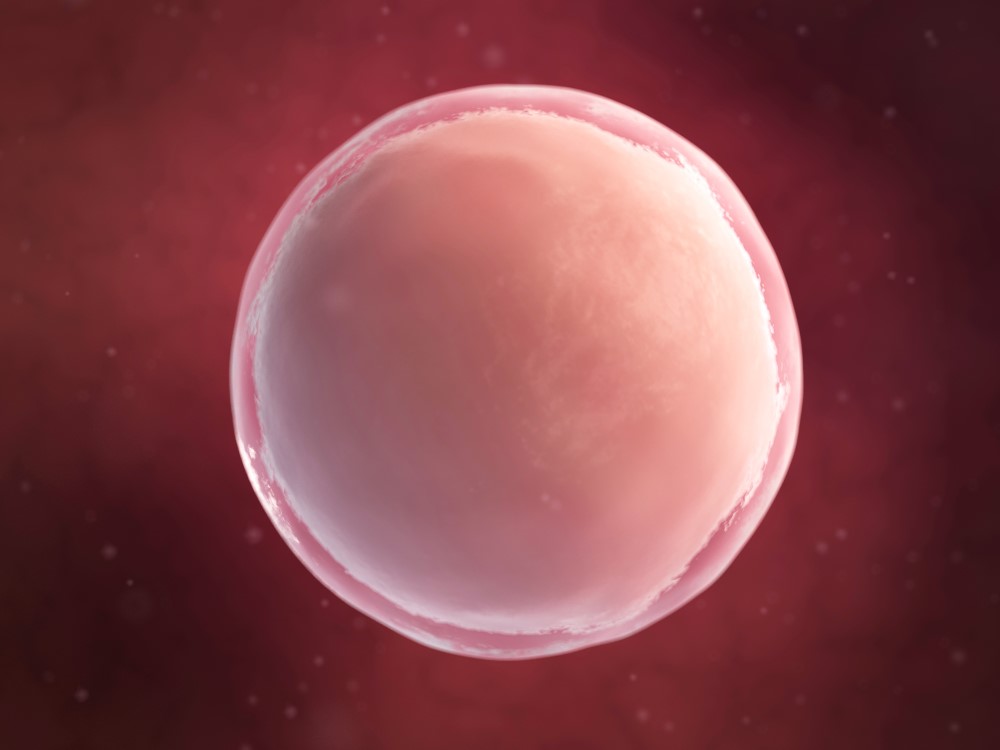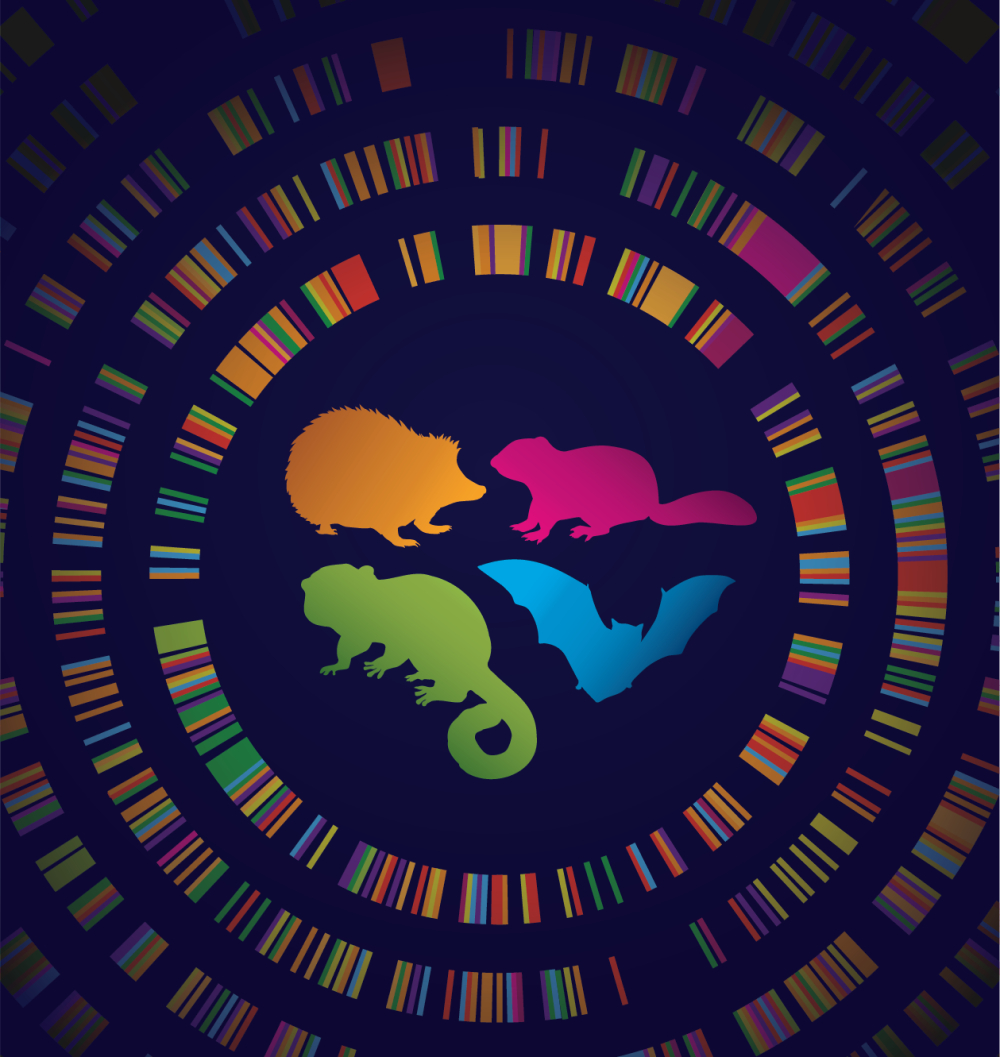Mitochondrial DNA mutations in oocytes do not increase with age
In oocytes, mitochondrial DNA mutations do not increase with age in women, says a study published in Science Advances. The study detected mutations in different cells of 22 women between the ages of 20 and 42, and found that the mutations were more numerous in blood and saliva cells of older women, but not in their oocytes.









